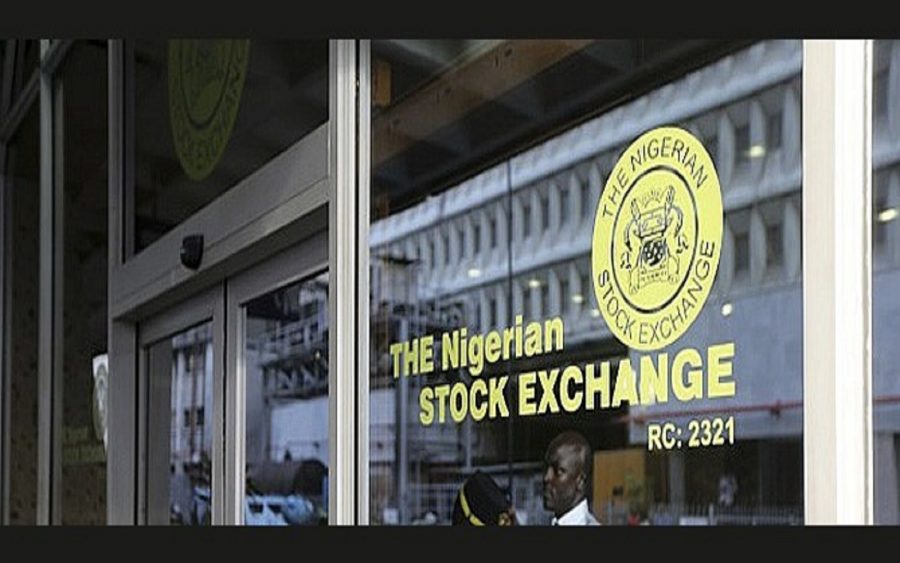Investors in Nigerian equities recorded average gain of 2.57 per cent in August, equivalent to net capital gain of N331 billion.
Benchmark indices at the stock market showed a widespread bullish run during the month as investors intensified bargain-hunting for undervalued growth stocks.

The All Share Index (ASI)- the common value-based index that tracks share prices at the Nigerian Stock Exchange (NSE) rose by 2.57 per cent to close August at 25,327.13 points as against 24,693.73 points recorded as opening index for the month. With this, aggregate market value of all quoted equities on the NSE improved by N331 billion from opening value of N12.882 trillion to close the month at N13.213 trillion.
Most sectoral indices closed positive, underlining the increased bargain-hunting during the month. The NSE Oil and Gas Index rose by 9.99 per cent gain. NSE Insurance Index posted a gain of 8.23 per cent. NSE Consumer Goods Index returned 6.09 per cent while the NSE Banking Index appreciated by 5.52 per cent. On the negative side, the NSE Industrial Goods Index declined by 2.39 per cent.
Market analysts said the August performance underscored a portfolio rebalancing by investors to take advantage of low share prices and expected returns from the first half.
Managing Director, Wyoming Capital and Partners, MrTajudeenOlayinka said the performance indicated that the market now has a better understanding of the COVID-19 pandemic adding that it is unlikely that market will go through a repeat of the experience had at the start of the pandemic.
According to him, the market performance in the period ahead will reflect the sentiments on other first half results as well as how the various measures put in place by government would impact the economy as a whole.
“On a balance of probability, we may see a better market in second half 2020,” Olayinka said.
Analysts at United Capital Plc however said the overall outlook for equities remains lukewarm, despite the expansionary monetary policy stance in the global space and the renewed domestic interests pushing stock prices towards pre-pandemic levels.
“Although the argument for a continued recovery is increasingly compelling from a technical standpoint, we note that weaker company fundamentals heightened by the COVID-19 pandemic, currency movement risks and capital control at the Investors and Exporters (I &E) window, are key downside risks that could curtail further recovery,” United Capital stated.
Analysts said they expected the market to remain highly volatile for the rest of the year with short-term gain, but the current downside provides opportunities for long term investors as stocks that have stood the test of time are still relatively cheap.

